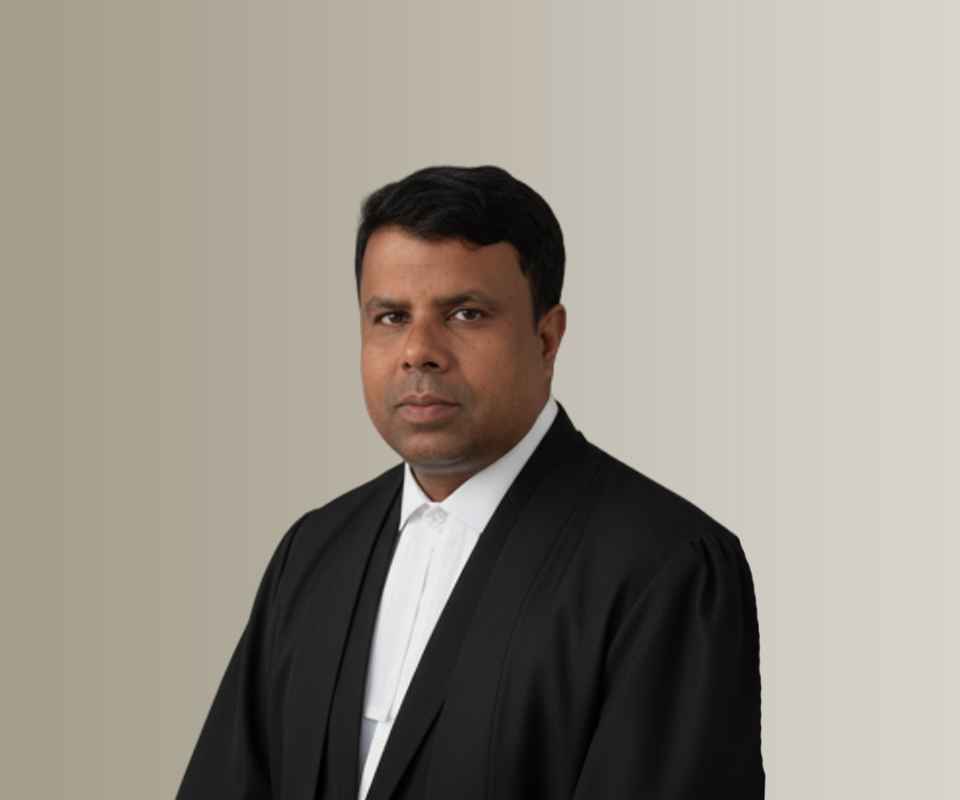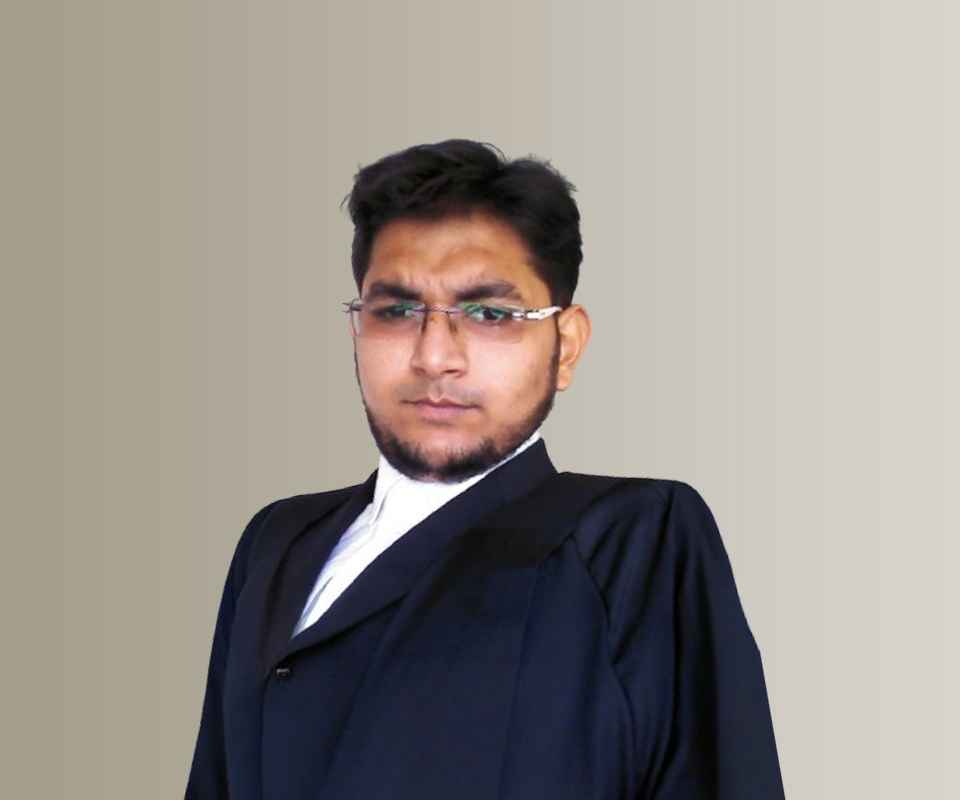Answer By law4u team
Senior citizens are entitled to receive adequate welfare services from government departments, including pensions, healthcare, and social support. When these services are delayed, denied, or negligently administered, elders have the right to seek legal recourse to protect their interests and ensure accountability of public agencies. Indian laws and judicial precedents support the rights of elders to claim redress against government neglect.
Legal Framework and Remedies for Neglect of Welfare Services
Maintenance and Welfare of Parents and Senior Citizens Act, 2007
This Act mandates timely provision of benefits like pension, medical assistance, and shelter.
Senior citizens can file complaints before Maintenance Tribunals if services are denied or delayed.
Tribunals have the power to order the department to provide the due services or compensation.
Public Interest Litigation (PIL)
Elders or concerned citizens can file PILs in High Courts or Supreme Court to address systemic neglect or policy failures affecting senior citizens.
Courts have in multiple cases issued directives to improve elder welfare and ensure government accountability.
Right to Information (RTI) Act, 2005
Elders can use RTI to demand transparency about welfare schemes, disbursement of funds, or reasons for delay.
RTI responses can support legal action or complaints.
Human Rights Commission Complaints
National or State Human Rights Commissions entertain complaints regarding violation of senior citizens’ rights due to neglect or denial of welfare.
Consumer Protection Act
If government services are treated as a service under the Act, elders can approach consumer forums for deficiency in service.
Civil Suits for Compensation
Elders may file civil suits for damages against government departments for negligence causing loss or hardship.
How Elders Can Proceed
File a complaint with the Maintenance Tribunal for non-provision of benefits.
Approach State Legal Services Authority (SLSA) for free legal aid.
Use RTI applications to gather facts and evidence.
File a PIL through a lawyer or NGO if the issue affects a larger group.
Complain to the Human Rights Commission about rights violations.
Pursue civil or consumer court cases for compensation.
Example
Scenario:
An 75-year-old widow is eligible for a government pension but her application has been pending for over six months despite repeated requests and follow-ups. She is also denied medical benefits promised under a senior citizen welfare scheme.
Steps she can take:
File a complaint with the Maintenance Tribunal citing the Maintenance and Welfare of Parents and Senior Citizens Act, 2007.
Submit an RTI application to the relevant department asking for reasons for delay and status of her pension.
Seek help from State Legal Services Authority for free legal assistance.
If the issue remains unresolved, file a Public Interest Litigation (PIL) through an NGO or lawyer demanding government accountability.
Approach the State Human Rights Commission to report neglect and seek intervention.
Pursue a civil suit claiming compensation for the hardship faced due to neglect.






